Shared office space is more than a place to sit, it is a way to give your team a professional base with the flexibility to scale, collaborate and do their best work. This guide explains how to choose a workspace that fits your business needs, compares options, answers common questions, and shows how we make the whole process hassle-free for companies that want a smooth experience from first conversation to move day, and beyond.
What Is Shared Office Space, And Is It Right For Your Organisation?
Shared office space brings multiple companies into one building, often with a mix of private office suites and communal areas. The model gives access to essential amenities like fast wifi, a friendly reception team and an attentive support team, together with extras such as a gym, phone booths and a bookable meeting room. The setup suits a startup that wants an address with presence, a growing team that values convenience and a mature organisation that prefers to focus on products and services rather than facilities management.
Choosing between a private office and a desk within a shared workspace depends on how you work. Teams that need quiet, brandable rooms tend to favour a discrete suite, while teams that rely on interaction enjoy the energy of a communal floor with networking opportunities that make it easier to collaborate with neighbours. The right provider should offer flexible memberships and on-demand access, so you can increase or reduce your footprint as needed and still have the same high level of service when your team arrives each morning.
A reliable provider creates a working environment where people feel welcome and can settle quickly. Look for workspaces designed around clear zones, a booth for deep focus, soft seating for casual chats and quiet corners for calls. A setting like this helps people thrive because the mix of areas supports different tasks without friction.

How Do You Find Your Perfect Office Space Without The Hassle?
You could trawl a marketplace and compare operators yourself, although there is a faster route. Brokers (like us!) conduct a careful office search that turns your brief into an actionable shortlist, then negotiates the terms that matter, from fit out to rent and move dates. The outcome is a set of options that align to your goals, so you can choose with confidence rather than guesswork.
Clients tell us they value a single point of contact, clear advice and data pulled from workspaces across London and across the UK. Our database covers prime locations in London as well as regional cities, so your team can weigh real choices rather than hypotheticals. Our approach is personal, your goals define the path, and you save time while still getting full market coverage. If you want neutral, expert guidance from a team that lives and breathes workspace solutions, get in touch and we will start today.
A tailored process also reduces risk. You see genuine availability, you understand total cost and you hear plain-English feedback on each building. That clarity lets you find your perfect address faster and with fewer false starts.
Coworking Space Or Private Office: Which Setup Helps Teams Of All Sizes Thrive?
Coworking is perfect when you want a sociable base with a thriving community and the chance to collaborate with peers. A coworking space usually includes hot-desking zones, a booth for focus, a dedicated desk option for regulars and day passes for occasional visitors. Many operators design these floors with bright communal kitchens and lounge areas that encourage conversation while keeping noise controlled.
A private office gives you control, brand presence and security for documents and kit. Better buildings include phone booths and a glass-fronted meeting room within the suite, so important conversations stay private and your team feels at home. Many providers also offer flexible office spaces that combine both worlds, a lockable room for core staff beside a shared floor, which suits teams of all sizes that want the best of both models.
Hybrid habits set during the pandemic still shape attendance patterns, so your choice should reflect how often people come in. A balanced plan might mix a small suite with passes to the wider building, which keeps the door open for growth while preserving quiet space for sensitive work.
Where Can You Find A Coworking Space Near Central London, Soho Or Shoreditch?
Central London offers every flavour of workspace, from boutique houses in Soho to character lofts in Shoreditch and glass towers around London Bridge. You can pick a space near major stations for easy commutes, choose Chancery Lane for legal proximity, or set your HQ beside clients in the City. Providers run networks of buildings across key neighbourhoods, so a single membership often unlocks multiple addresses.
The fastest way to find the perfect shared setting is to define your must-haves, then compare real availability. Tell us whether you’re focused on one base or a pass that gives access to a global network, and we will guide you to the right fit. We have access to space to rent right now as well as upcoming floors, so your new office can be timed to your hiring plan. Our team will qualify any coworking space near your preferred postcodes, then arrange tours that show how each option really feels, so you can pick the perfect coworking space for your team.
Location choices should reflect your culture as well as commutes. Creative brands often choose lively streets with a friendly bustle, while firms that meet clients daily may prefer a quieter block. Either way, choose a space that’s bright, well managed and easy to reach.
What Facilities Matter: From A Meeting Room To Event Space And Phone Booths
Great workplaces balance privacy and buzz. A well-managed floor blends a quiet booth for deep work, small rooms for huddles and a larger meeting room with reliable AV. Many providers also offer event space for town halls and launches, kitchens that make lunch easy and showers that support runners and cyclists.
Quality shows up in the details. Look for reliable wifi, helpful front-of-house, a tidy bike store, natural light and a reception team that remembers names. Amenities like barista coffee and a compact gym can lift morale, while plants and acoustic treatments soften the bustle. Each amenity should be simple to use and clearly explained from day one.
Modern technology underpins the experience. Mobile entry, smart room screens and clear visitor flows keep the day smooth. You want workspaces designed for focus and flow, supported by staff who fix issues quickly so people can do their best work without distraction.

How Flexible Memberships, Day Passes And Booking Work For Desk Space
The most useful contracts fit the way your team operates. Flexible memberships allow a fixed number of passes plus on-demand access for visitors, while some companies prefer a headcount-based model that allows growth. Teams that want agility can take a desk for core staff and add day passes during peak sprints, or choose a dedicated desk for regulars who prefer a consistent setup.
Booking systems vary by provider. Some run apps that manage hot desking, locker allocation and guest registration, while others use email. Either way, the aim is a simple flow that reduces admin, keeps visibility of usage and ensures everyone has a seat. We audit these processes as part of our review, so you understand the practicalities before you sign, including how to reserve desk space for busy days.
Choice should extend beyond the contract. Many providers sell day credits, offer a hot desk for occasional use and allow upgrades as you grow. That flexibility keeps your footprint aligned with reality, and it helps the arrangement stay cost-effective over time.
How Do Costs, Rent And Value Compare Across Flexible Offices?
Pricing depends on size, building quality and contract length. A compact suite in a boutique building will differ from a floor in a landmark tower, and a longer licence can secure stronger headline terms. We benchmark proposals against the wider market, then negotiate to align the package with your business needs, including rent, credits for room hours and move-in support.
Value is about more than headline price. Consider the extras that prevent hidden spend, such as included cleaning, printing and utility caps, and the cost of adding a desk mid-term. Successful clients think in total cost, not just sticker price, then choose the setting that supports retention, attendance and productivity. A clear view of the whole picture helps you make calm choices that stand up over time.
Some providers also include extras like mail handling, a staffed reception and round the clock security within the licence. These items are easy to overlook, yet they make the difference between a smooth first month and a fraught one.
Platforms Versus A Dedicated Broker: What Delivers Better Service?
Marketplace platforms, such as Hubble, can be useful for discovery, although the volume of options can overwhelm and availability dates can change quickly. A dedicated broker filters the noise, tests availability and deals with operators on your behalf, which saves time and strengthens your negotiating position. The combination of wide coverage and human insight produces a clear shortlist without rabbit holes.
We act as an independent partner, not a seller of inventory. That means you get frank comparisons and a single team that will stand beside you through heads of terms, legal review, design choices and move logistics. Many clients start with online research, then switch when they want a service that is accountable from first call to first day on site.
Our role continues after move-in. You gain a named contact who checks that the promises match reality, from clean shared areas to the speed of the wifi. That continuity creates trust and frees leaders to focus on growth.
Office Space In London That Helped Clients Scale Fast
Real examples show the power of a clear brief and sharp execution. Flo, the world’s leading period-tracking app, outgrew their coworking base and needed a larger canvas with phone booths, multiple rooms for meetings and a custom fit. We sourced a category A floor that could be tailored precisely to their needs, coordinated the process and delivered a characterful result that reflected their brand.
Lenus faced a sudden closure notice and needed a high-quality workplace within three weeks. Found identified a ready-to-go setting with 130 desks, several rooms for meetings and strong transport links, then continued to support their expansion across nine countries as they grew. The partnership shows how decisive action and market knowledge remove stress during change.
Omaze entered a hyperscale phase and required certainty over attendance and workstation numbers. Found presented a comparison of leading providers and the effect of amenities on attendance, secured a creative interim solution free of charge while the permanent base was prepared, and managed the move with design partners. The result was a seamless journey into a new home that could adapt as the team evolved.
PPL wanted to graduate from a serviced model without losing flexibility. Found educated the leadership on the full range of models available, toured options across Central London and secured a Landmark operated floor at 99 Bishopsgate that delivered presence, privacy and room to grow. The team avoided an unpopular move and gained a professional setting that matched culture and ambition.
What Should You Look For When Comparing Workspace Providers?
Shortlists work best when you compare how a setting will serve staff each day. Start with location and transport, then check light, ceiling height and air quality. Ask about the mix of areas, a booth for concentration, a library nook, quiet corners and rooms for calls. View at busy times to judge the bustle, then try the coffee and ask two regulars what they like most.
Technology and support matter just as much. Reliable wifi, clear visitor flows, helpful reception and tidy back-of-house keep life simple. If you have travellers, request a provider with a global network and ask for clarity on printing, access hours and security. Providers that publish straightforward rules remove uncertainty and earn trust from day one.
It also helps to test how inclusive the culture feels on the floor. People do their best work when they feel welcome, safe and supported. Buildings that host regular socials make it easier for newcomers to meet people on day one.
How Do You Choose Locations In London And Across The UK?
Choice of district shapes culture and commutes. Creative brands often prefer Soho and Shoreditch, finance teams like the City, legal firms cluster around Chancery Lane and science companies look east. Teams that visit clients in government choose Westminster, while media love Fitzrovia, and many firms pick London Bridge for easy links south. There is no single right answer, the best option is the one that fits your staff and your clients.
A multi-site plan also helps teams that travel. Some companies choose a single HQ with roaming passes for a second zone, others pick a central base with satellite access. We map commuting patterns against attendance and recommends a portfolio that supports morale and hiring. The result is confident decisions that hold up as you grow.
Regional coverage matters for expanding firms. A provider with buildings across the UK offers continuity as you open new teams. One licence, familiar house rules and shared standards make life simpler for managers and reduce the learning curve for new starters.
Do You Need A Broker If You Already Found A Space Online?
Plenty of companies start with a search query such as share my office or space to rent, then call a number on a listing. A broker can still add value at that point. Brokers sense-check the proposal, test whether a stronger option sits one street over and push for terms that reflect your scale and commitment. Outcomes can include rent-free periods, better break clauses and a faster fit-out schedule.
An experienced partner also prevents common pitfalls. You avoid surprises around dilapidations, reinstatement and hidden charges. You also gain an advocate who can request a trial week or a temporary studio while your floor is prepared. Clients tell us the peace of mind is worth it, and the net savings often outweigh the fee.
The short version is simple, you focus on your core work while a specialist manages the moving parts. That clarity helps leaders of growing teams concentrate on customers and delivery rather than admin.
How We Support You From The First Call To Move Day And Beyond
Clarity starts with a short conversation that defines size, budget, timing and non-negotiables. We translate that into a curated shortlist, arrange tours and gather feedback from your team. Next steps include negotiation of heads of terms, coordination with legal counsel and a timeline that brings vendors together smoothly, including removals, IT, furniture and any light branding.
The relationship continues after you move. Our team checks that the provider’s support matches the promise, from the speed of the wifi to how quickly the lights are fixed. You also get a named contact for later tweaks, extra passes, a new office floor or an exit when the time is right. Clients value the continuity and the confidence that comes from a single, accountable team.
Our independence means advice that is shaped by your aims. We compare providers on real features, transparent pricing and service delivery, then guide you to the address that fits your plan.
How To Get In Touch And Share Your Office Questions With An Industry Expert
Ready to find your perfect address? Tell us what success looks like, how your team works and which areas you love. You can ask anything, from the difference between hot desking and a dedicated desk, to how membership plans work, to whether event space is vital for culture. Our consultants will answer with clarity, then show you availability that matches your plan.
You can get in touch by leaving your details on our site or by calling directly. A specialist will call back, confirm goals and set a time for tours. The process is straightforward, the options are tailored and the aim is simple, to help you find the perfect shared setting that lets your people thrive.
FAQ's
Coworking spaces cater to a diverse range of professionals and businesses, including freelancers, entrepreneurs, start-ups, remote workers, small teams, and even larger companies seeking a flexible and cost-effective private office space solutions. Coworking spaces appeal to individuals and teams who value flexibility, collaboration opportunities, and a dynamic work environment that fosters creativity and productivity.
Coworking spaces offer flexibility through membership-based access and the ability to scale office space as needed. Coworking offices foster a strong sense of community by bringing together professionals from various backgrounds, promoting networking and collaboration opportunities.
Private offices typically cost more but provide exclusivity for your business to have a dedicated space. Coworking spaces offer lower entry costs with the option to only utilise communal areas within a flexible office space environment.






























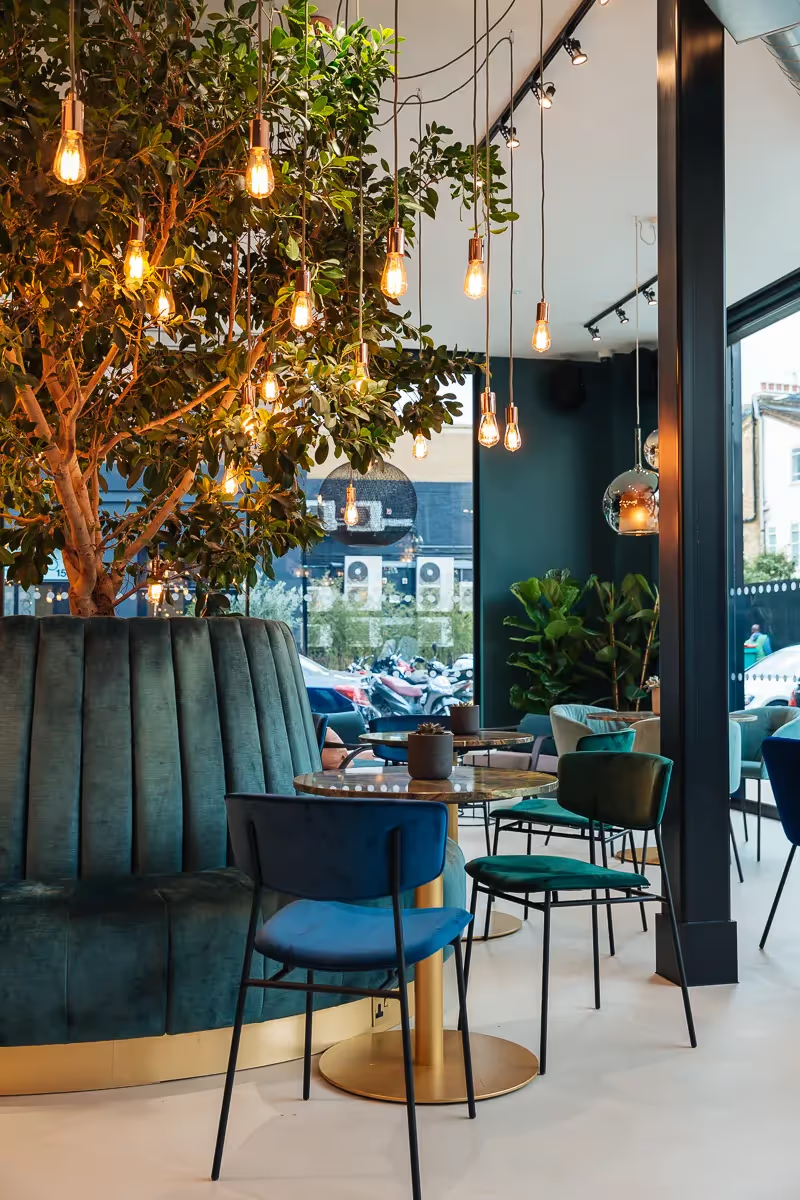
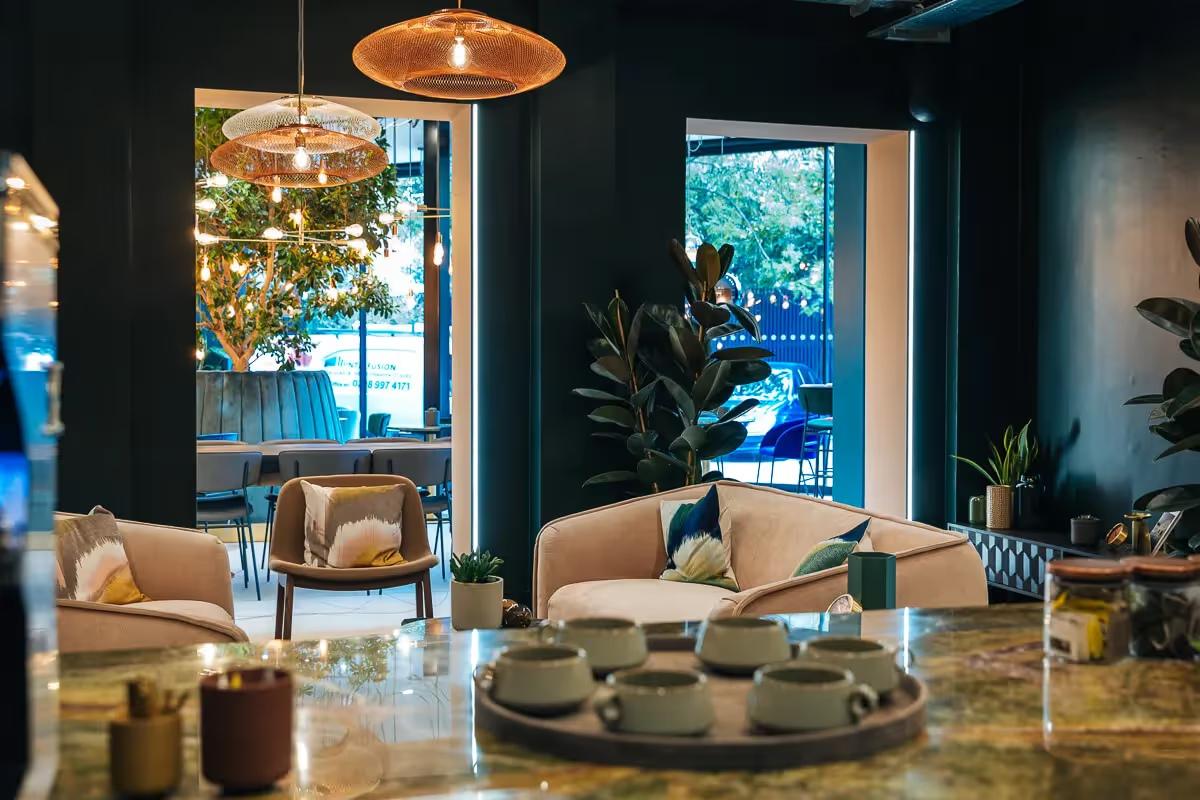
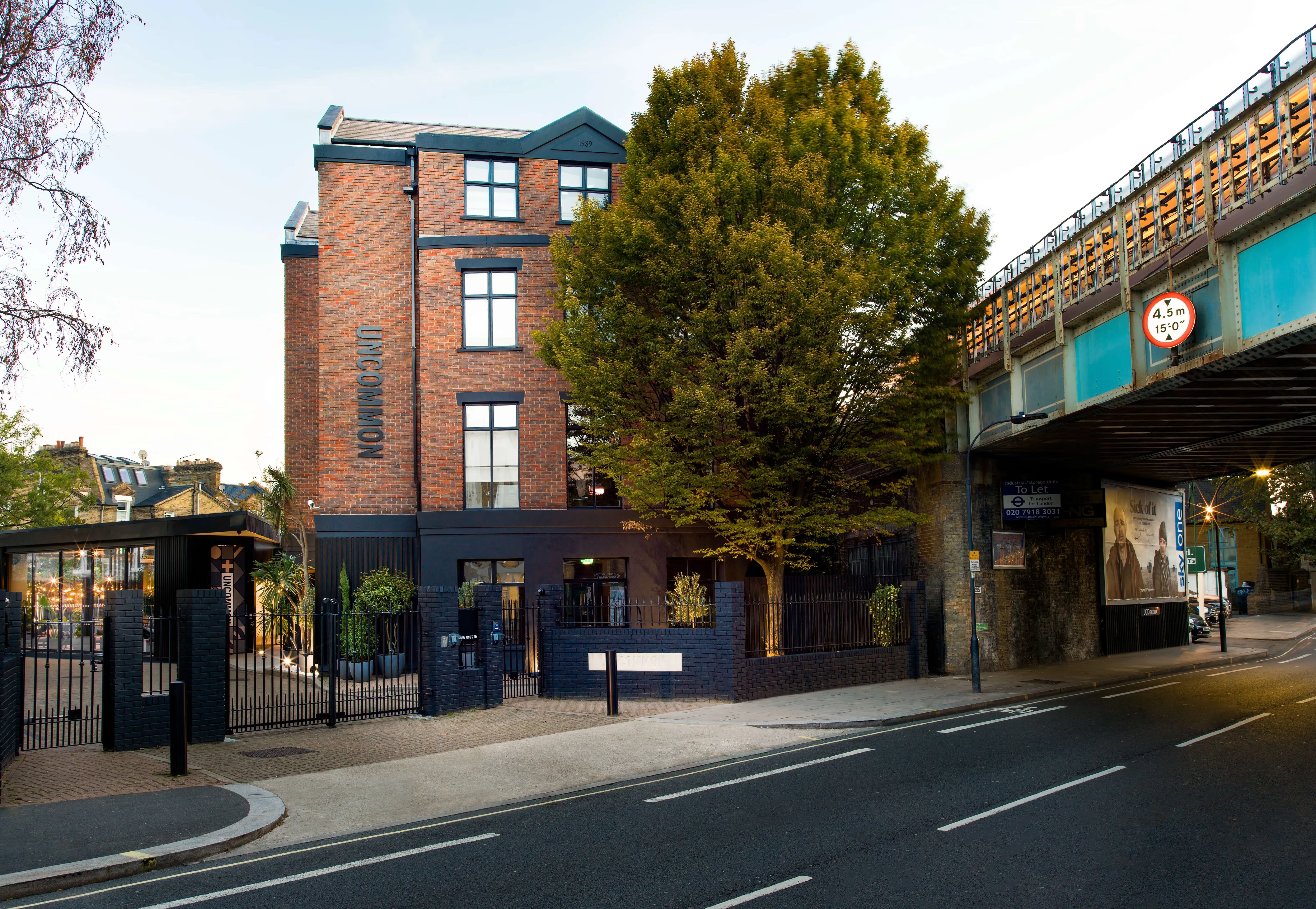
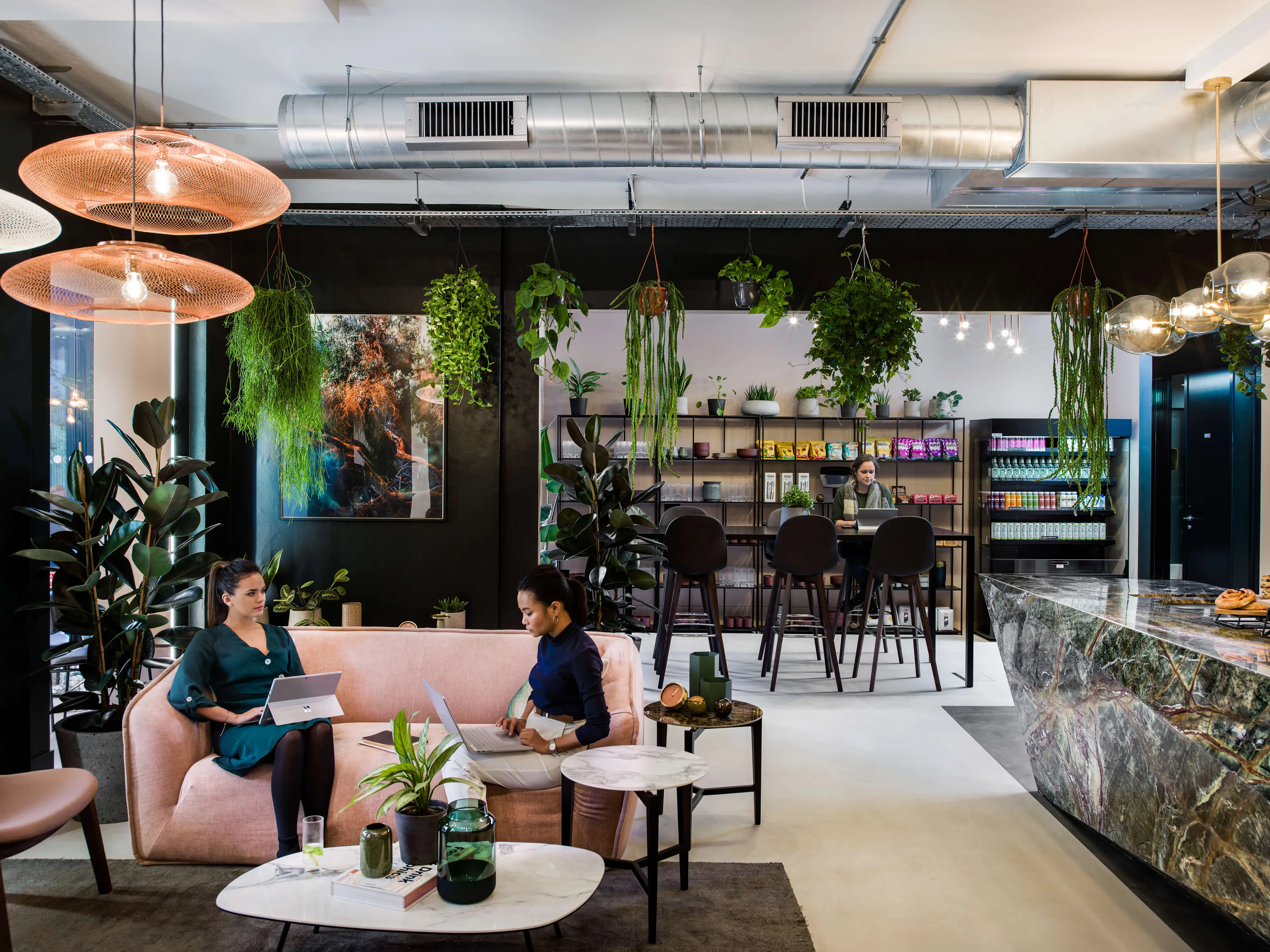
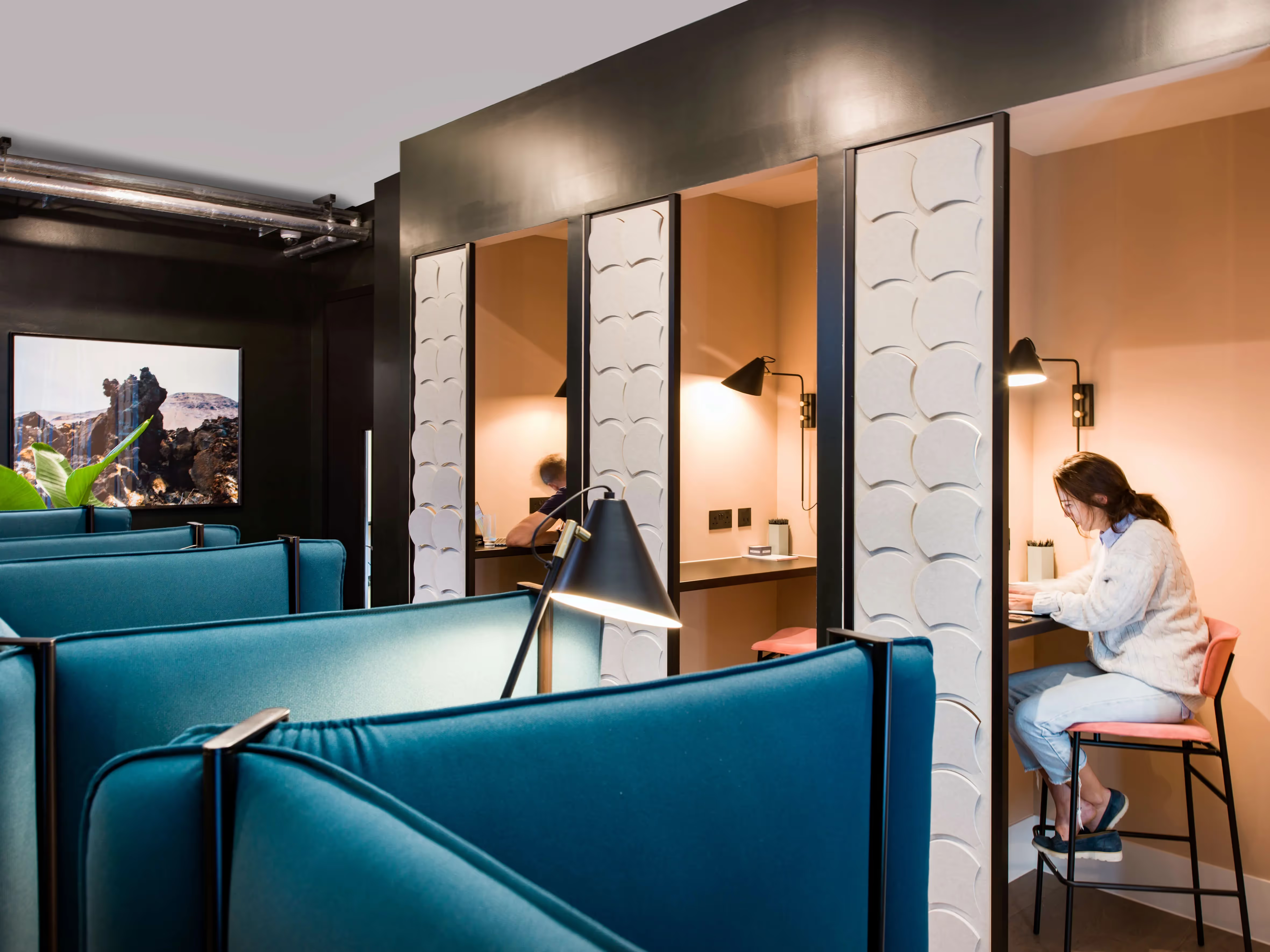








.webp)
.webp)
.webp)














































.avif)












.avif)


.avif)

.avif)

.avif)
.avif)
.avif)
.avif)


.avif)


.avif)
.avif)
.avif)

.avif)

.webp)


